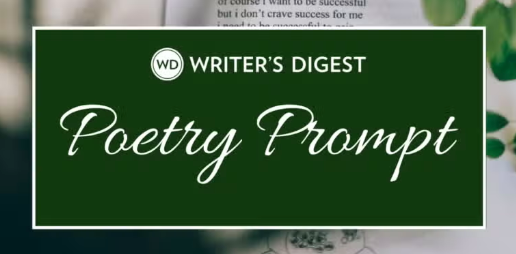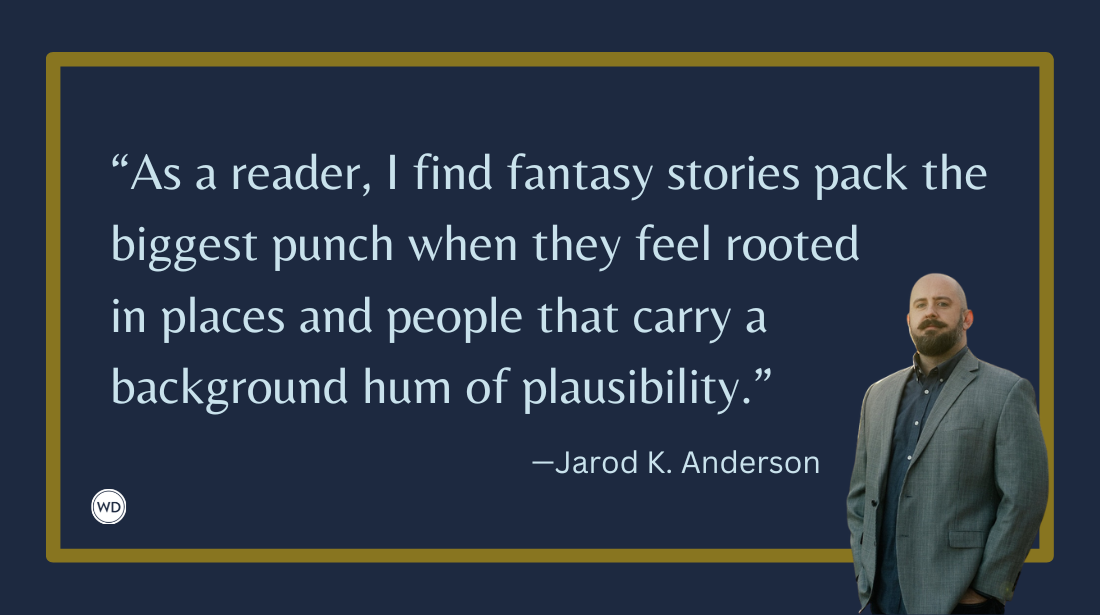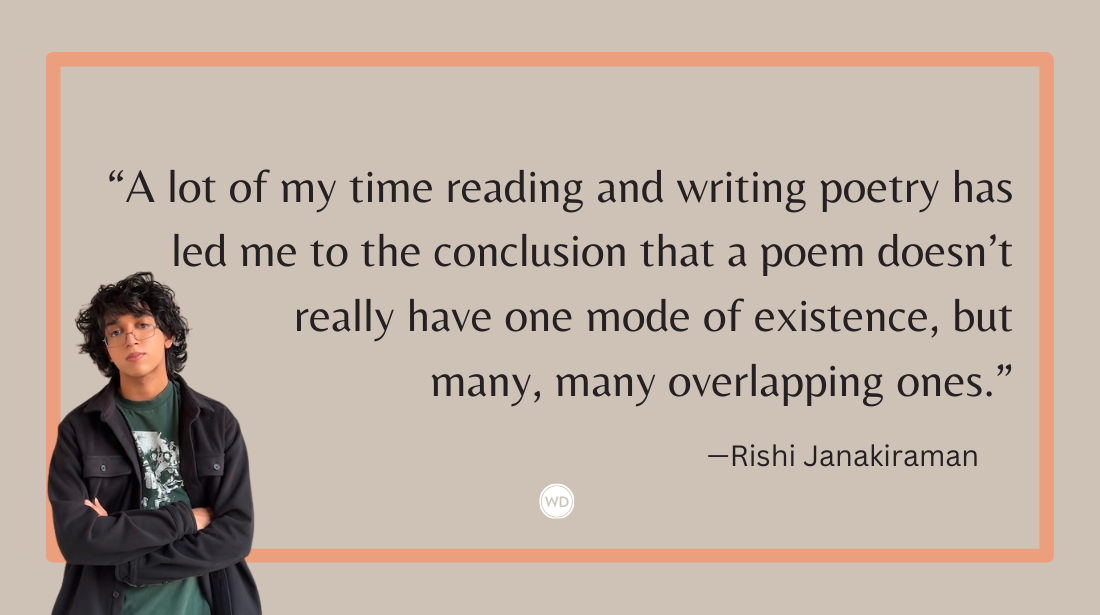Magic 9: Poetic Forms
The Magic 9 poetic form is a great example of how a simple form can be created from a mistake and how some of the simplest forms are also the most fun to write.
Look for the winner of the tricube poetic form challenge tomorrow. But in the meantime, let's take a look a new (to this blog) poetic form that we'll be challenging ourselves to later this week.
Like the tricube, the magic 9 is a newer form and relatively unknown. In fact, I couldn't find a creator of the form, though it appears to have been inspired by a poet misspelling the word "abracadabra."
This 9-line poem doesn't have any rules as far as meter or subject matter--just a rhyme scheme: abacadaba.
That's right! Just remove the r's from "abracadabra," and boom! A new poetic form; and after writing my first magic 9, I can report that they're fun to write.
*****
Play with poetic forms!
Poetic forms are fun poetic games, and this digital guide collects more than 100 poetic forms, including more established poetic forms (like sestinas and sonnets) and newer invented forms (like golden shovels and fibs).
*****
Here’s my attempt at a magic 9:
The Next, by Robert Lee Brewer
Perhaps, I should sit for a spell,
though maybe I should stand,
for I want to whisper and yell
that she is mine, "O, she is mine!"
Or am I hers? I cannot tell
if I am one thing or the next
since that brief moment that I fell
for blue eyes like a wand
casting an ancient, binding spell.






